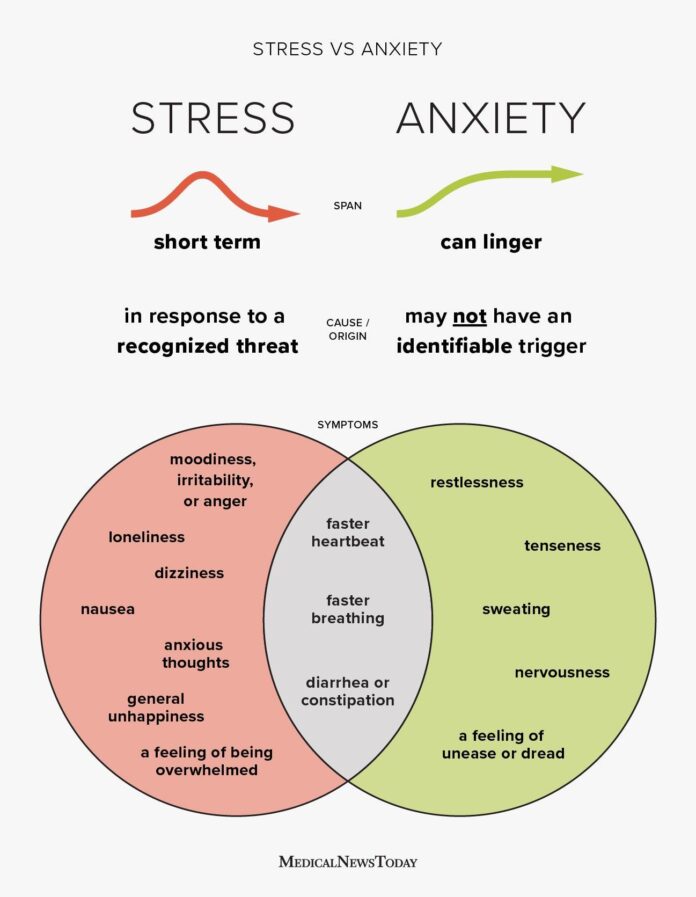
Anxiety is a common mental health issue that affects people of all ages, including children. It can manifest as worry, fear, and nervousness, and can be triggered by a variety of factors such as stress, trauma, or genetics. While a certain amount of anxiety is normal and even helpful in some situations, excessive anxiety can be debilitating and impact a child’s daily life. In this article, we will explore some tips for kids to cope with anxiety and better understand their feelings.
Understanding Anxiety in Kids
Anxiety can manifest in different ways in children, such as physical symptoms like headaches or stomachaches, behavioral changes like irritability or avoidance, or emotional symptoms like worry and fear. It’s important for parents and caregivers to recognize the signs of anxiety in their children and provide them with the support they need to cope.
One common form of anxiety in kids is separation anxiety, where children fear being away from their parents or caregivers. This can manifest as clinginess, crying, or even physical symptoms like nausea. Another common form of anxiety in children is social anxiety, where kids feel nervous or uncomfortable in social situations, making it difficult for them to make friends or participate in activities.
Tips for Kids to Cope with Anxiety
1. Encourage open communication: One of the most important ways to help kids cope with anxiety is to encourage them to talk about their feelings. Create a safe and judgment-free space where they can express their worries and fears. Reassure them that it’s normal to feel anxious and that you are there to support them.
2. Teach relaxation techniques: Help children learn relaxation techniques to manage their anxiety. Deep breathing exercises, mindfulness meditation, or progressive muscle relaxation can help calm their mind and body when they are feeling overwhelmed.
3. Establish a routine: Consistency and predictability can help reduce anxiety in children. Establish a daily routine that includes regular meals, bedtime, and activities to provide a sense of structure and stability.
4. Encourage healthy habits: A healthy lifestyle can also help reduce anxiety in kids. Encourage them to eat nutritious foods, get regular exercise, and practice good sleep hygiene. Limiting caffeine and sugar intake can also help regulate moods and reduce anxiety.
5. Challenge negative thoughts: Help children challenge negative thoughts and beliefs that contribute to their anxiety. Encourage them to question their fears and consider more positive and realistic perspectives. Cognitive-behavioral therapy techniques can help kids reframe their thoughts and develop healthier coping strategies.
6. Provide coping strategies: Teach kids healthy coping strategies to manage their anxiety. Encourage them to practice self-care activities like drawing, writing, listening to music, or engaging in physical exercise. Encourage them to develop a support network of friends, family, or mental health professionals they can turn to for help.
7. Seek professional help: If your child’s anxiety is severe or persistent, consider seeking professional help from a therapist or counselor. Therapy can provide children with the tools and support they need to manage their anxiety and improve their mental health.
Understanding anxiety and learning how to cope with it is crucial for children’s well-being. By providing them with the support they need, encouraging healthy habits, and teaching them coping strategies, we can help children better manage their anxiety and thrive in life. Remember to be patient and empathetic with your child as they navigate their feelings, and seek professional help if needed. With the right tools and support, children can learn to cope with anxiety and live happy, healthy lives.

















